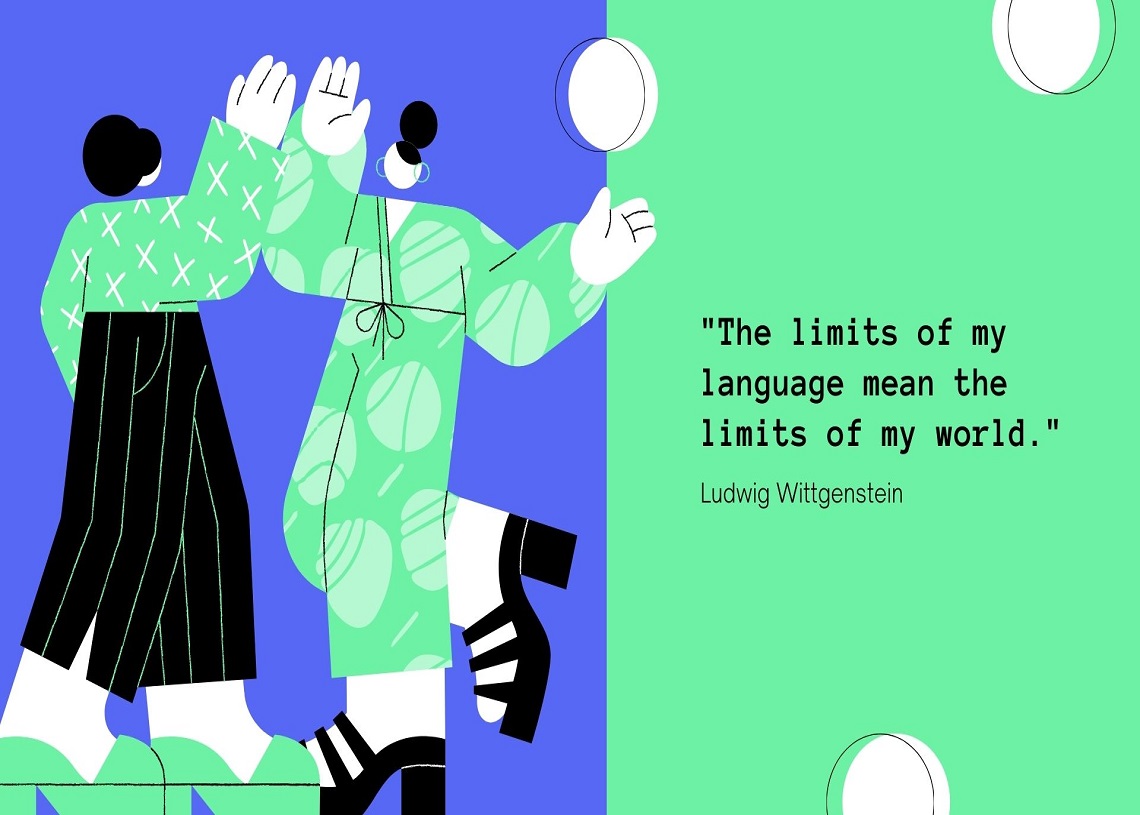Spelling in English can sometimes be confusing. Some people have to work at being good spellers while others easily know the correct way to spell a word. However, a basic understanding of traditional English spelling rules can help you learn how to spell.
Keep in mind though that learning how to spell is a gradual process that is developed over time. But here’s an encouragement to learn more English words: being bilingual makes you smarter.
How do you spell a word correctly?
While spell-checkers on every device are helpful, they are not a substitute for basic spelling knowledge. In fact, they often miss incorrectly spelled words due to how the word is used. For instance:
- I went two the see last year. (incorrect)
- I went to the sea last year. (correct)
Strictly speaking, every word in the above sentences is spelled correctly, but in the first sentence, two and see would be considered misspelled words because they are the wrong words to use in this situation. Likewise:
- We one the game by won point. (incorrect)
- We won the game by one point. (correct)
In these sentences, the spelling error comes from confusing the homonyms one and won. (Homonyms are words that sound the same but have different spellings and different meanings.) A spell-checker won’t always find or fix this type of error. This and other mistakes can be avoided by following a few spelling rules.
How do you know how to spell?
How to spell certain words can be tricky, but here are a few general rules that apply to English words.
- All words have a vowel (a, e, i, o, u, or y in vowel form).
- A Q is always followed by a u.
- C can have a /k/ or /s/ sound as in cat or cite.
- G can have a /g/ or /j/ sound as in garage or the name Gerry.
- Words with just one vowel will have double f, l, and s consonants at the end. Examples include staff, ball, and pass.
- Proper names of people and places are always capitalized.
English spelling rules can vary by country. For instance, a person from the UK spells colour with a u, whereas an American English writer would not add u. There are many examples like this in English, usually with American English dropping u from the spelling of the word (harbor and labor are just two more examples).
Spelling tips
- Don’t be confused by prefixes (en-, un-, semi-, re-, etc.) because even though they alter the meaning of a word, they do not alter the spelling of the main word . For example, adding un to the beginning necessary, which is already a bit tricky to spell, changes the meaning of the word but not the core spelling.
- Not sure if your spelling is correct? Use an English dictionary to help you find the word you need.
- Sound out the word phonetically as you write it down.
- Picture the word in your mind and write down what you see. Sometimes when you see words as you write, you will remember how to spell those words.
- Put in some work. Use flashcards or apps to help you learn the correct spelling of words.
How to spell better
- One great way to become a better speller is to always proofread your writing yourself or have another person do it for you to ensure correct spelling. As mentioned before, electronic spell checkers will not catch every mistake.
- Play spelling games! Spelling games like crossword puzzles and word searches are a great way to practice spelling and have fun. There are many entertaining and challenging English spelling games you can get for your electronic devices.
- If you are writing down something you hear, pay attention to the context or meaning of the words so as not to confuse homonyms.
And remember, learning how to spell is an ongoing process, even for native English speakers.


 Clap
Clap
